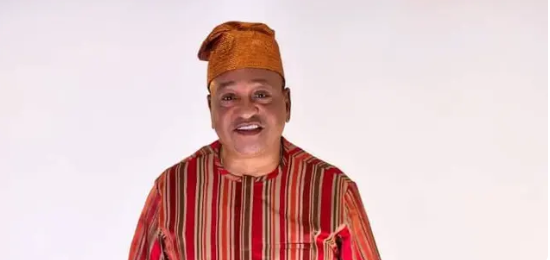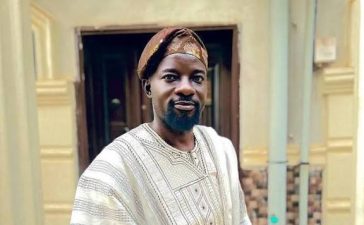Veteran Nollywood actor, Jide Kosoko, has raised serious concerns about the ongoing issue of piracy in Nigeria’s film industry, urging for harsher penalties to curb the practice.
In a recent interview on The Honest Bunch podcast, Kosoko called for a 20-year jail term, without the option of a fine, for individuals found guilty of pirating films.
With a career that spans over five decades, Kosoko emphasized the devastating financial toll piracy has had on filmmakers, particularly the creators who rely on their work for a livelihood.
Despite his contributions to Nollywood, he admitted that, in comparison to other industries in Nigeria, he has not amassed significant wealth, attributing this to the severe losses caused by piracy.
“The punishment in the copyright law for piracy is still not strong enough as far as I am concerned,” Kosoko remarked, explaining that the current penalties, including monetary fines, are insufficient to deter those who profit from pirated works.
He noted that pirates often accumulate vast fortunes, rendering any fine ineffective. “Somebody who has been pirating people’s works for years is a billionaire, so how much do you want to fine him?” Kosoko asked, stressing that monetary fines are often too easy for offenders to pay.
Kosoko’s proposed solution is the imposition of a 20-year jail sentence for anyone caught pirating content, without an option for a fine.
“But if you attach a 20-year jail sentence to it with no option of a fine, people will refrain from piracy,” he argued, highlighting that long-term imprisonment would serve as a stronger deterrent.
Piracy has long been a challenge for Nollywood, affecting filmmakers, actors, and the broader entertainment sector.
While Nollywood has experienced significant growth and international recognition, piracy continues to undermine its profitability and sustainability, with many creatives losing revenue to illegal copies of their work.
Kosoko’s call for legislative reform draws attention to the need for stronger copyright laws and better enforcement to protect intellectual property in Nigeria’s entertainment industry.
His position on piracy has sparked a broader conversation about the importance of protecting artists’ rights and ensuring fair compensation for their creative efforts.
As the issue of piracy remains a pressing concern, Kosoko’s recommendations may become a rallying point for industry stakeholders, with hopes of ushering in more robust measures that can safeguard Nigeria’s creative economy.







